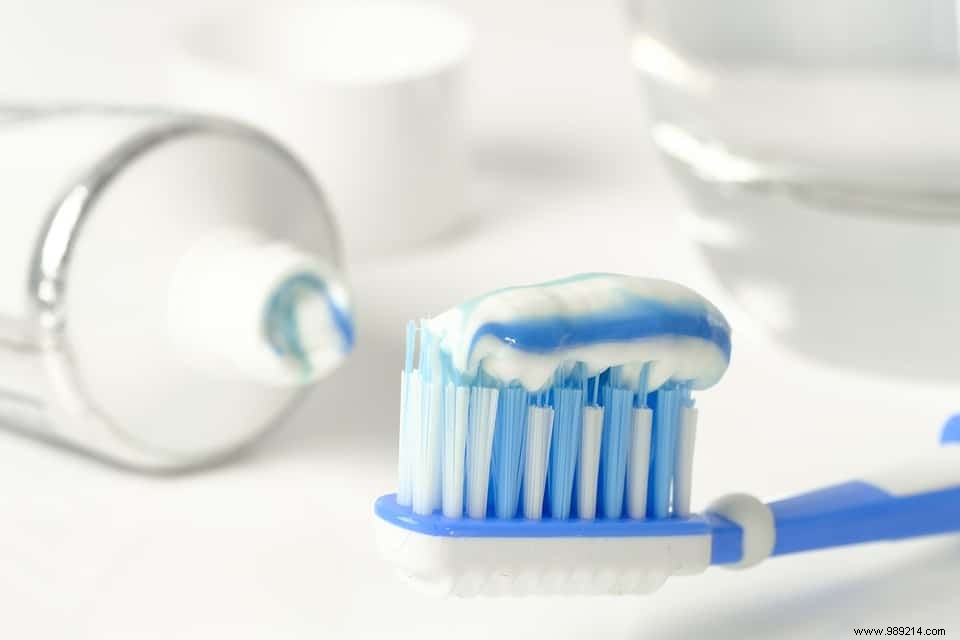A recent meta-study carried out in Australia tends to show that having better access to care is not necessarily a guarantee of good dental health. Daily habits and the almost exclusive availability of one type of food product for wealthier families in some countries would explain this disparity.
Children and adults with favorable socio-economic status would be more exposed to tooth wear. This conclusion is that of a meta-study published in the Journal of Dentistry in December 2021. Researchers at Griffith University (Australia) reviewed no less than 65 studies on the subject from around 30 countries. This research involved more than 60,000 people aged between 6 and 79 years old. The objective of this meta-study was to identify a link between socio-economic status and oral health.
According to researchers, adolescents who go to private school and whose parents have better education and higher salaries have more cavities and lessdental health good . Dentistry and oral health researcher Khaled Ahmed says wealthy people are virtually the only ones with access to certain products in several countries. Among these products, we find energy drinks, soft drinks and packaged juices. However, these foods are more corrosive, hence a greater risk of tooth wear.
Remember that time is one of the enemies of dental health. Gradually, the enamel of the teeth undergoes erosion, the intensity of which depends on several factors. However, one of these factors is none other than the acidity of food . However, people from better-educated families are less likely to allow such wear and tear to take hold that can lead to dental pathology.
These people generally also adopt healthier eating habits and therefore have better oral hygiene. They are also less at risk of diabetes and gastroesophageal reflux. On the other hand, some brushing habits in these same people are not always very good, which is quite paradoxical. This could be explained by a more widespread use electric toothbrush and conventional brushes with hard bristles, causing adults to wear teeth more quickly.

For the leaders of the study, the The challenge now is to review the way in which dental hygiene is communicated. In 2019, a survey showed that 23% of French people brush their teeth less than twice a day . In addition, one in four people have not yet gotten into the habit of going to the dentist once a year as specialists recommend.